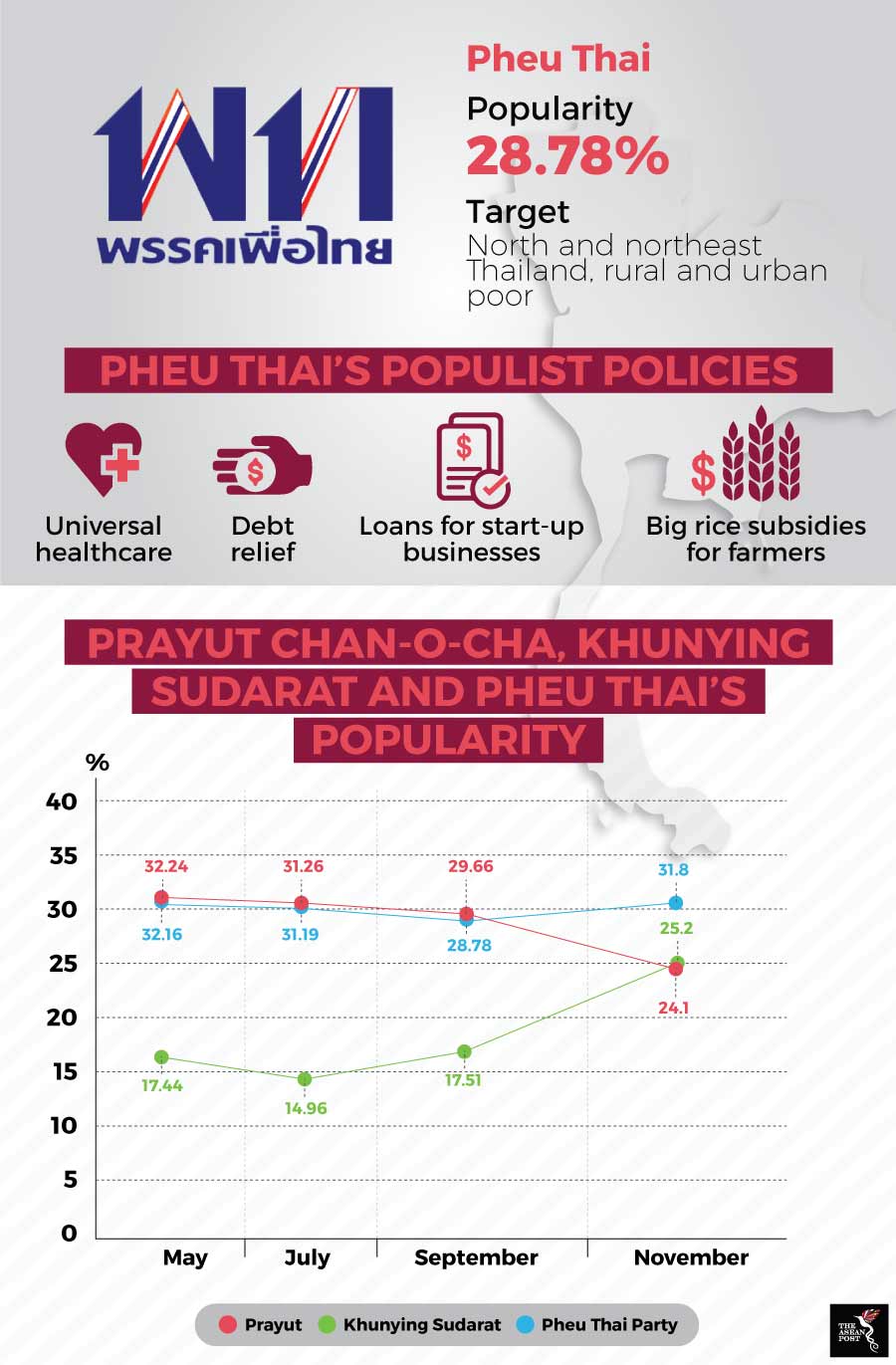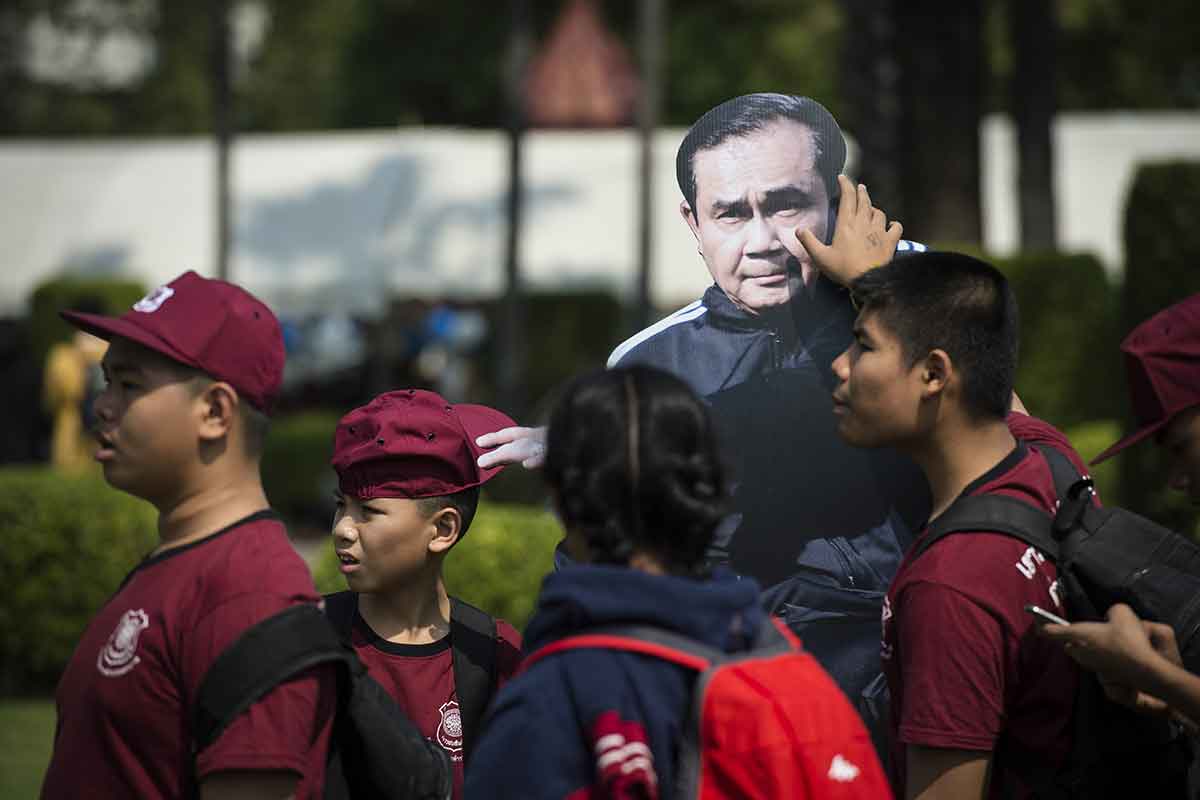Last week, local reports in Thailand revealed that about 600,000 students considered to be “very poor” will soon receive an extra US$24 per semester from the state, as the Equitable Education Fund (EEF) is stepping in to help reduce educational disparities. According to the joint plan of the EEF and the Office of Basic Education Commission (OBEC), the extra subsidy will be handed out from next month onwards.
“The EEF has agreed to provide financial help on top of the financial support we normally give to students from cash-strapped families,” OBEC secretary-general Boonrux Yodpheth said after his agency signed a cooperation agreement with EEF.
At present, OBEC offers financial support to nearly 1.7 million poor students across the country. If they are at the primary-education level, they receive about US$15 per semester. At secondary level, they receive about US$45.
Although Thailand offers free education to its citizens, some children leave school because their families are too poor to cover related expenses.
On 28 November 2018, The ASEAN Post published an article on Prime Minister Prayut Chan-o-cha’s fall to second place in terms of Thailand’s choice for prime minister based on the National Institute of Development Administration’s (NIDA) series of polls. This was the first time NIDA placed Prayut in second place while Pheu Thai’s Khunying Sudarat, chairwoman of the party's election strategy committee, climbed to first spot.
In that article, The ASEAN Post noted that Pheu Thai enjoys most of its popularity from both, rural as well as urban poor. The recommendation for Prayut was to focus his attention on Thailand’s poor and to address their grouses. Could the extra US$24 per semester be an indication that this is exactly what Prayut is doing, especially considering the fact that the election could be a little over two months away?
Favoured by the poor
The reason why Pheu Thai receives most of its support from Thailand’s rural and urban poor is simply because it was the Shinawatras who came up with policies such as universal healthcare, debt relief, loans for start-up businesses and big rice subsidies for farmers.
In a country where inequality is rampant and the poor feel ignored and side-lined by Bangkok’s dominant elite, the Shinawatras came out looking like saviours of the poor with their populist policies. There is little coincidence that Northeast Thailand - where the Pheu Thai enjoys most of its support – is also the most populous and poorest region in the country; contributing to Pheu Thai’s victorious streak from 2001 all the way to the most recent military coup in 2014.
Today, while the gap between rich and poor has been steadily narrowing in Thailand with low-income earners making more gains than the wealthy in recent years, the World Bank’s executive director for Southeast Asia Ulrich Zachau says inequality is still high.
“In Thailand, inequality has been declining. It is still high, but the poor have been gaining more than the rich, and this is the most striking feature of economic and social development in Thailand and in the sub-region,” he said during an interview with local media this year.
 Source: Various sources
Source: Various sources
NCPO versus Pheu Thai
Thailand is certainly home to more than just the Pheu Thai and the National Council for Peace and Order (NCPO), but regardless of how many political parties there are in Thailand, it seems most of Prayut’s and the NCPO’s attention has been directed to shutting down Pheu Thai’s growing influence.
It was, after all, Pheu Thai whom the NCPO wrested control of the country from in 2014. Later in 2017, a new constitution was adopted which observers say effectively cut constituency seats in provinces where the Shinawatras had previously held dominance. Most recently, a proposal by the Election Commission (EC), if enforced, would effectively remove Pheu Thai’s iconic name and logo from ballot papers. Critics believe either the NCPO or Prayut may be forcing the EC’s hand in this matter.
However, the question still remains as to why Prayut and/or the NCPO would be so gung-ho about ensuring the Pheu Thai do not regain control. On the one hand, the Shinawatras (and by extension Pheu Thai) have been mired in a series of alleged corruption scandals. On the other, it does at least seem like Prayut’s biggest challenger in the elections ahead would be the Pheu Thai party.
Whether or not there are political motives behind the military government’s move to help some 600,000 “very poor” students in the country, the move would undoubtedly be welcomed. Money should be spent on education especially in Thailand where the standard of education has been a concern for many. The focus on education would also be seen as a move in the right direction towards realising the military junta’s Thailand 4.0 vision. Let’s just hope it lasts beyond 24 February, 2019.
Related articles:
